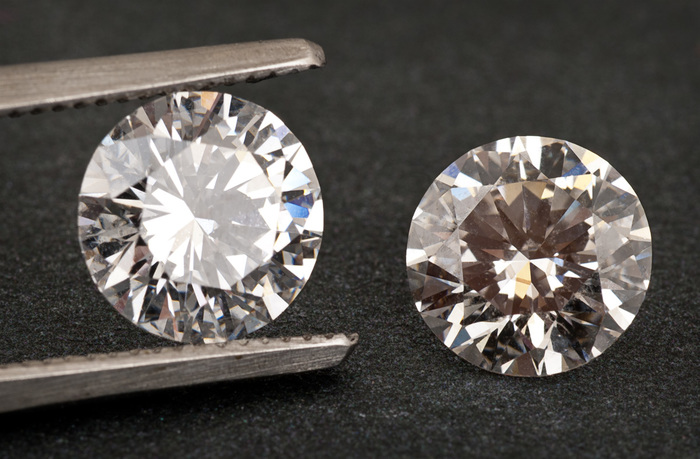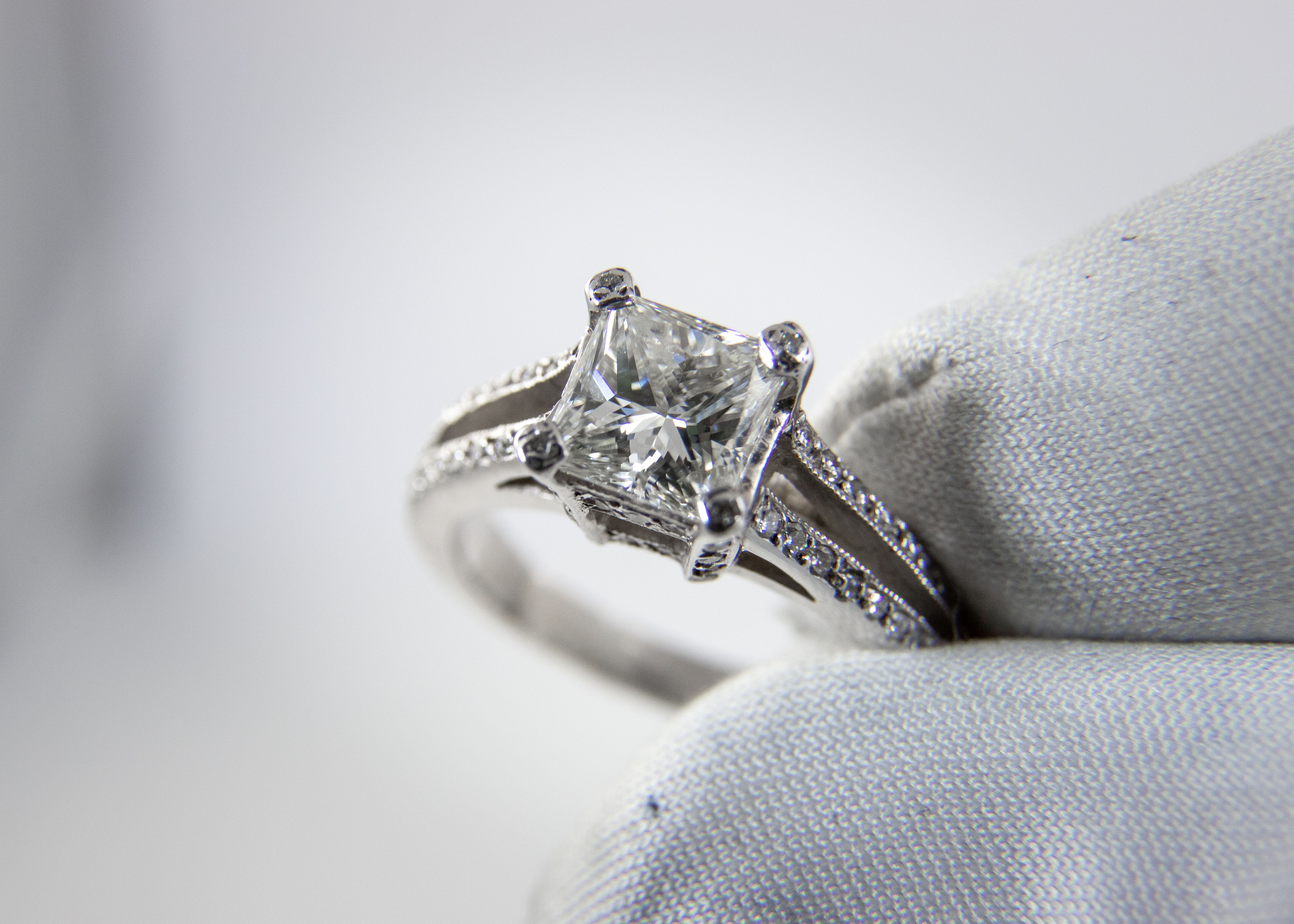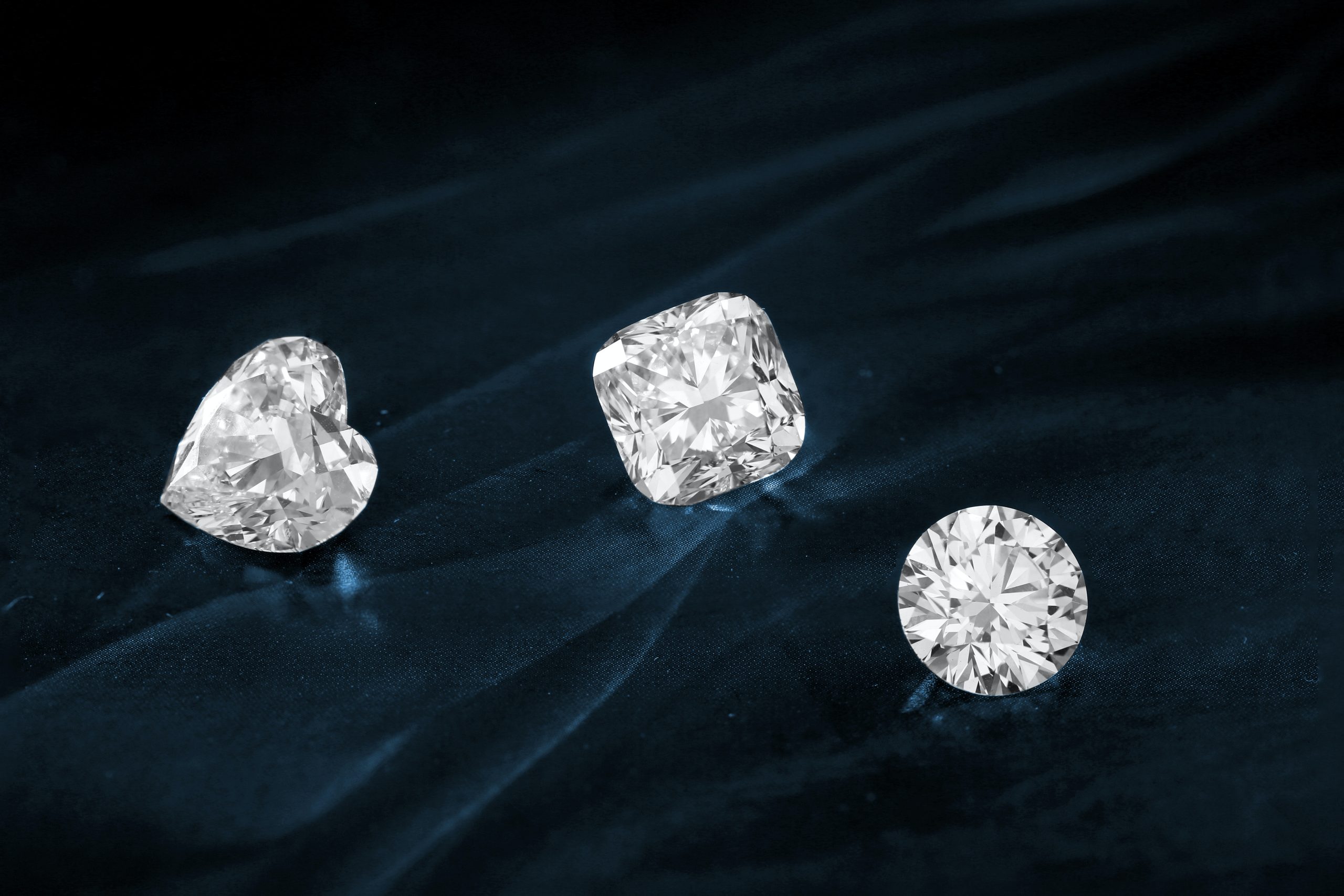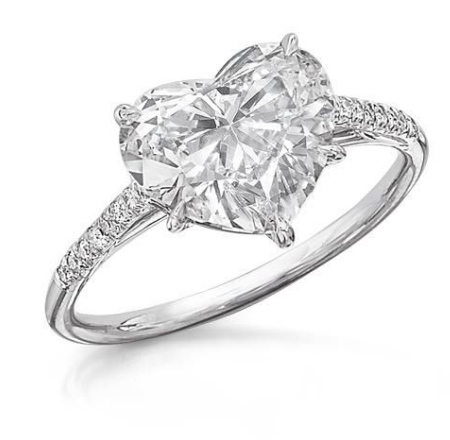What are lab-grown diamonds and how do they compare to natural diamonds?
Posted on September 25, 2019
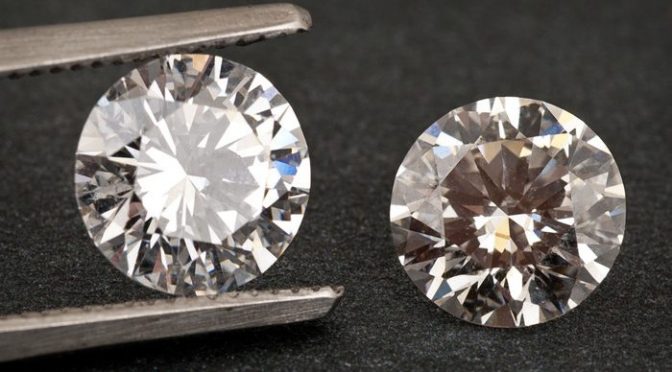
The lab-grown diamond industry is growing quickly and still consumers are confused between natural and synthetic diamonds. Below, we shed some light on the major differences between the two classification of diamonds in hopes of bringing transparency to the evolving diamond market.
What Differentiates a Natural Diamond From a Synthetic Diamond?
Natural diamonds take millions of years to form and are created under extreme conditions deep within the Earth’s mantle. Diamonds are classified into Types based on their chemical composition: Type Ia or Type IIa. Type Ia is the most common and makes up 97% of natural diamonds. Natural diamond crystals tend to grow in habitual shapes such as an octahedron (double pyramid) and a macle (flattened triangle).
In comparison, synthetic
How are Synthetic Diamonds Made?
CVD diamonds are created at high temperatures under low pressure in vacuum chambers. They are formed in a carbon-gas-rich environment on seed plates. The resulting diamond material is Type IIa, block-shaped, and often included with graphite.
HPHT diamonds are created at high temperatures under high pressure in pressure chambers. The process involves tiny synthetic diamond “seeds,” powdered carbon material and a molten metal flux-like iron or nickel that helps to dissolve the mixture. The resulting diamond material is mostly Type IIa and usually blocky, resembling dice with the corners cut away.
Are Lab-Grown Diamonds Real Diamonds?
Although they are created in laboratories, synthetic diamonds are technically real diamonds and mostly possess the same optical and chemical properties as natural mined diamonds. However, the quality of synthetic stones can vary greatly compared natural diamonds.
Do Synthetic Diamonds Look the Same as Natural?
Yes, to the untrained and often to the trained eye, synthetic and natural diamonds looks the same and both come in a range of clarities, colors and sizes.
Do Lab-Grown Diamonds Hold Their Value Like Natural Diamonds?
This is one of the most prevalent questions asked when someone is looking to purchase a diamond. The synthetic diamond market is fast-developing and there is no telling where it will lead, but the intrinsic value of natural diamonds is far more consistent and certain as of now. The resale value for synthetic diamonds is currently not as strong as it is for natural diamonds.
If you are interested in purchasing, selling or taking a loan against a natural diamond, call or stop by Jewelry-N-loan today! Our staff consists of all graduate gemologists trained at the Gemological Institute of America and have the skills and expertise to offer you a competitive valuation or find you the right stone! Visit https://www.jewelrynloan.com/ for more information.
